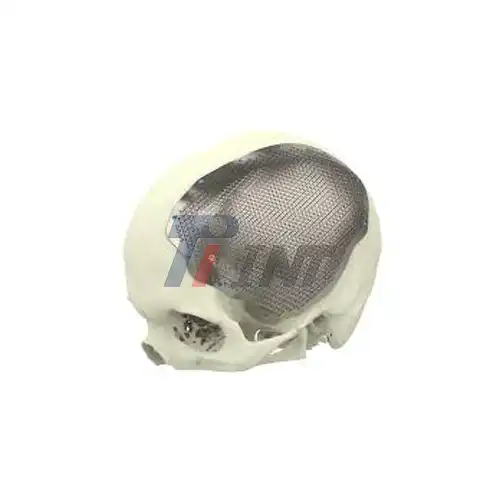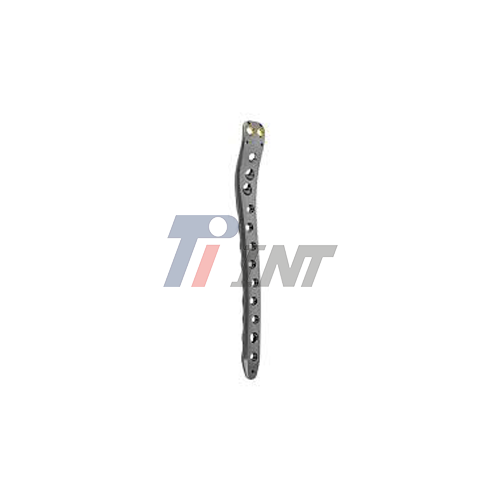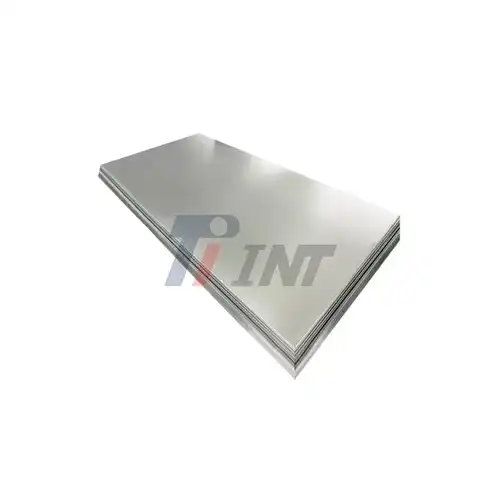The Advanced Manufacturing Process of Milled Titanium Bars
The production of milled titanium bars for dental implants is a testament to modern manufacturing prowess. Advanced milling techniques are employed to shape raw titanium into precise, custom-fit components that meet the unique needs of each patient's dental anatomy. This process begins with high-grade titanium alloys, chosen for their exceptional properties that make them ideal for medical applications.
Computer-aided design (CAD) and computer-aided manufacturing (CAM) systems play a crucial role in the milling process. These technologies allow for the creation of highly detailed digital models, which are then translated into physical form with remarkable accuracy. The milling machines used are capable of achieving tolerances as fine as a few micrometers, ensuring that each titanium bar fits perfectly within the planned implant system.
Precision and Customization in Milling
One of the key advantages of milled titanium bars is the level of customization they offer. Unlike mass-produced components, these bars can be tailored to the specific requirements of individual patients. This customization extends to various aspects of the bar, including:
- Length and diameter to match the patient's jaw structure
- Thread design for optimal osseointegration
- Surface texture to promote bone adhesion
- Abutment connections for versatile prosthetic options
The precision achieved through milling is paramount in creating a stable foundation for dental implants. Even minor discrepancies in fit can lead to implant failure or complications over time. By utilizing advanced milling techniques, manufacturers can produce milled titanium bar dental components with consistently high quality and precision, significantly reducing the risk of such issues.
Quality Control in the Manufacturing Process
Rigorous quality control measures are integral to the production of milled titanium bars for dental implants. Each bar undergoes multiple stages of inspection and testing to ensure it meets the stringent standards set by regulatory bodies and industry best practices. These quality control processes typically include:
- Dimensional accuracy checks using high-precision measuring tools
- Surface finish analysis to confirm smoothness and biocompatibility
- Material composition verification to ensure the correct titanium alloy is used
- Strength and durability testing to simulate real-world conditions
Companies like Baoji INT Medical Titanium Co., Ltd. adhere to international quality standards, including ISO9001:2015 and ISO13485:2016, as well as obtaining EU CE certification. These certifications provide assurance that the milled titanium bars meet the highest quality and safety standards for medical devices.
Material Properties: Why Titanium Excels in Dental Applications?
The choice of titanium for dental implant bars is not arbitrary. This remarkable metal possesses a unique combination of properties that make it exceptionally well-suited for use in the oral environment. Understanding these properties helps to appreciate why milled titanium bars have become the gold standard in dental implantology.
Biocompatibility and Osseointegration
Perhaps the most critical property of titanium in dental applications is its biocompatibility. When a titanium implant is placed in the jawbone, it forms a thin oxide layer on its surface. This layer is inert and non-toxic, allowing the surrounding bone to grow directly against the implant without triggering an immune response or rejection. This process, known as osseointegration, is fundamental to the long-term success of dental implants.
The smooth surface finish achieved through precision milling further enhances the biocompatibility of titanium bars. This smooth surface promotes better integration with human tissue and reduces the risk of complications during and after surgical procedures. The result is a stable, long-lasting foundation for prosthetic teeth that functions much like natural tooth roots.
Strength and Durability
Dental implants are subjected to significant forces during chewing and biting. Milled titanium bars offer superior strength and durability compared to many traditional materials used in dentistry. The specific titanium alloys used, such as Grade 5 (Ti-6Al-4V) and Grade 23 (Ti-6Al-4V ELI), are known for their high tensile strength and excellent fatigue resistance.
These properties ensure that the milled titanium bar dental implant can withstand the cyclic loading of daily use without failure. The high strength-to-weight ratio of titanium is particularly advantageous, as it allows for the creation of implants that are both strong and lightweight, minimizing stress on the surrounding bone while providing robust support for prosthetic teeth.
Corrosion Resistance and Long-term Stability
The oral environment is particularly challenging for materials, with constant exposure to saliva, varying pH levels, and temperature fluctuations. Titanium's exceptional corrosion resistance makes it ideal for long-term use in dental implants. The protective oxide layer that forms on the surface of titanium is highly stable and self-healing, providing ongoing protection against degradation.
This corrosion resistance contributes to the longevity of titanium dental implants, with many lasting for decades without significant deterioration. It also ensures that the implant remains biologically inert over time, maintaining its biocompatibility and reducing the risk of adverse reactions or implant failure due to material breakdown.
Clinical Advantages of Milled Titanium Bars in Dental Implantology
The use of milled titanium bars in dental implants offers numerous clinical advantages that benefit both practitioners and patients. These advantages stem from the combination of material properties and manufacturing precision, resulting in implant components that are optimized for performance and longevity.
Enhanced Treatment Planning and Execution
The precision afforded by milled titanium bars allows for more accurate and detailed treatment planning. Dentists can work with exact specifications, tailoring the implant system to the patient's unique oral anatomy. This level of customization supports:
- More predictable surgical outcomes
- Improved aesthetics in the final restoration
- Better distribution of occlusal forces
- Reduced risk of complications due to misfit or misalignment
Advanced imaging techniques, when combined with the precision of milled titanium bars, enable the creation of highly accurate surgical guides. This synergy between technology and materials allows for minimally invasive procedures and can significantly reduce chair time for both the dentist and patient.
Improved Patient Outcomes and Satisfaction
The use of high-quality milled titanium bars translates directly to improved patient outcomes. The benefits include:
- Faster healing and integration times due to optimal biocompatibility
- Reduced risk of implant failure or complications
- Long-term stability and durability of the implant
- Natural feel and function that closely mimics natural teeth
Patients often report high levels of satisfaction with milled titanium bar dental implants supported by milled titanium bars. The precision fit and stability contribute to a more comfortable experience, both during the healing phase and in long-term use. This can lead to improved quality of life for patients, restoring not just function but also confidence in their smile.
Versatility in Implant Design and Restoration Options
Milled titanium bars offer great versatility in implant design, allowing dentists to address a wide range of clinical scenarios. This flexibility extends to:
- Single tooth replacements
- Multi-tooth bridges
- Full-arch restorations
- Overdenture support systems
The precision milling process allows for the creation of complex geometries and connection types, enabling compatibility with various prosthetic components. This versatility gives dentists more options in treatment planning and can accommodate changes in the patient's needs over time.
Conclusion
Milled titanium bars for dental implants represent a confluence of advanced materials science and precision manufacturing. Their use in milled titanium bar dental implantology has revolutionized the field, offering unparalleled strength, biocompatibility, and customization. As technology continues to advance, we can expect even further refinements in the production and application of these crucial components, leading to ever-improving outcomes for dental patients worldwide.
For those interested in learning more about high-quality medical titanium products, including milled titanium bars for dental implants, Baoji INT Medical Titanium Co., Ltd. offers a wealth of expertise and a comprehensive range of solutions. With over 30 years of experience in titanium material research, development, and production, INT is at the forefront of the medical titanium industry. To explore their offerings or discuss your specific needs, don't hesitate to reach out via email at export@tiint.com.



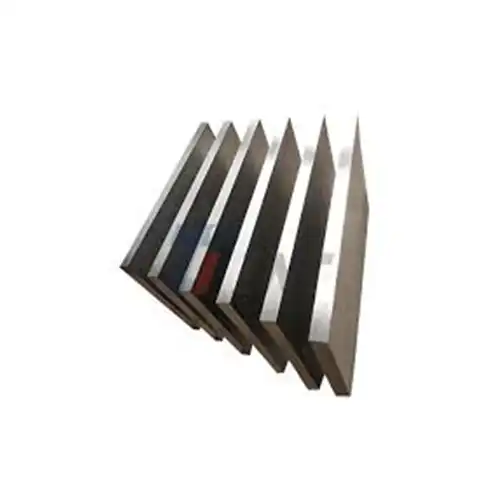






 2025-06-18 10:40:08
2025-06-18 10:40:08
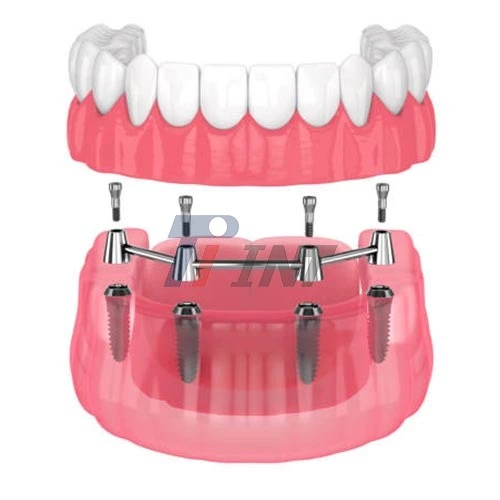
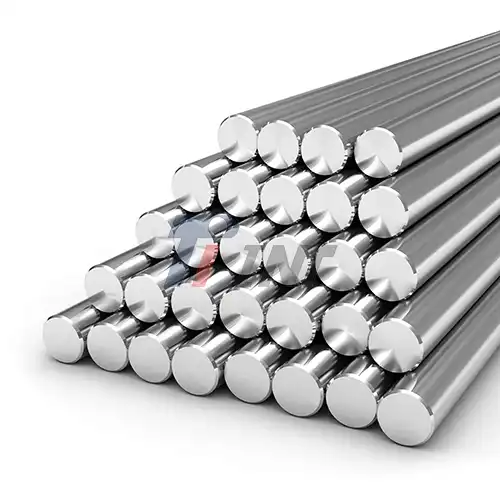
_1752820927376.webp)
_1751956867796.webp)
